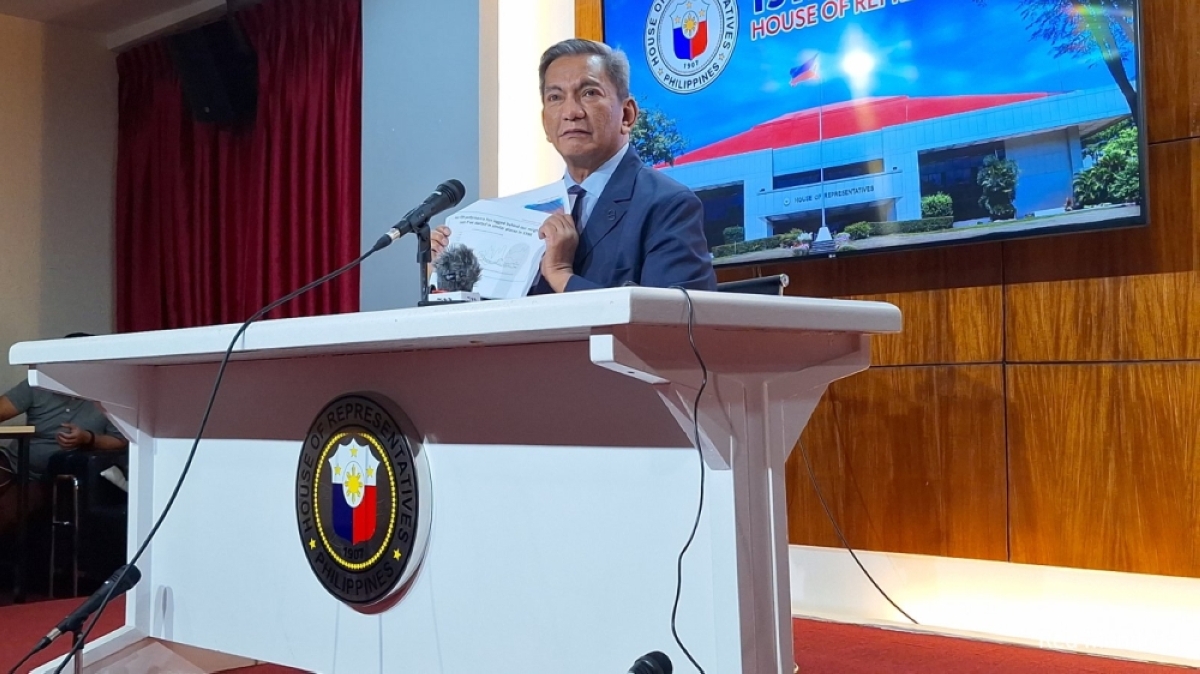Albay 2nd District Rep. Joey Salceda has recently filed House Bill 9573, a bill that seeks to amend the Electric Vehicle Industry Development Act (Evida) in the Philippines. This groundbreaking measure aims to revamp the tax and duty system of electric vehicles (EVs) and expand the definition of EVs to include two-wheeled vehicles.
According to Salceda, this proposed bill will not only enhance the electric vehicle industry but also strengthen the Philippines’ commitments to the international community under the Paris Agreement. Additionally, it aims to reduce the country’s reliance on fossil fuels, aligning with global efforts to combat climate change.
Salceda highlights the fact that 60 percent of electric vehicles in the Philippines are two-wheeled, which means that the majority of electric vehicles do not currently benefit from the tax incentives granted under the existing law. He emphasizes that two-wheeled electric vehicles are the most affordable option, costing only around 3 percent of the price of an electric car.
The lawmaker also draws attention to the country’s rising net petroleum import bill, which is projected to increase from $11.57 billion in 2021 to $19.02 billion in 2022. This alarming trend underscores the urgent need to transition to sustainable alternatives, such as electric vehicles.
While the Evida law has successfully led to a six-fold increase in electric car sales in 2023 compared to 2022, limitations within the current legislation have excluded two-wheeled electric vehicles from crucial fiscal incentives. Salceda believes that this exclusion is inequitable and needs to be addressed.
Salceda explains that electric vehicles are generally more sustainable because renewable energy accounts for approximately 26.4 percent of the country’s power, while the overwhelming majority of cars, around 99.77 percent, still rely on fossil fuels. Encouraging the adoption of electric vehicles, including two-wheeled options, is a crucial step towards reducing emissions and promoting a greener transportation system.
The proposed bill, HB 9573, aims to grant zero percent duty on the importation of completely built electric vehicles until 2029. Furthermore, charging stations and related components will be tax-exempt for eight years. These measures will not only make electric vehicles more accessible but also incentivize the development of charging infrastructure across the country.
Salceda emphasizes that the exclusion of two-wheeled electric vehicles from the fiscal incentives provided under the Evida law is not conducive to addressing congestion issues. Encouraging the adoption of electric cars while neglecting electric motorcycles merely substitutes petroleum-fueled cars for their space on the road. To truly tackle congestion and promote sustainable transportation, it is essential to include two-wheeled electric vehicles in the incentives and support provided by the government.
In conclusion, House Bill 9573 represents a significant step towards boosting the electric vehicle industry in the Philippines. By addressing the limitations of the existing legislation and expanding the definition of EVs to include two-wheeled vehicles, this bill aims to make electric vehicles more accessible and affordable for the majority of Filipinos. It also aligns with the country’s commitments to the international community under the Paris Agreement and contributes to the reduction of fossil fuel reliance.
Source: The Manila Times








